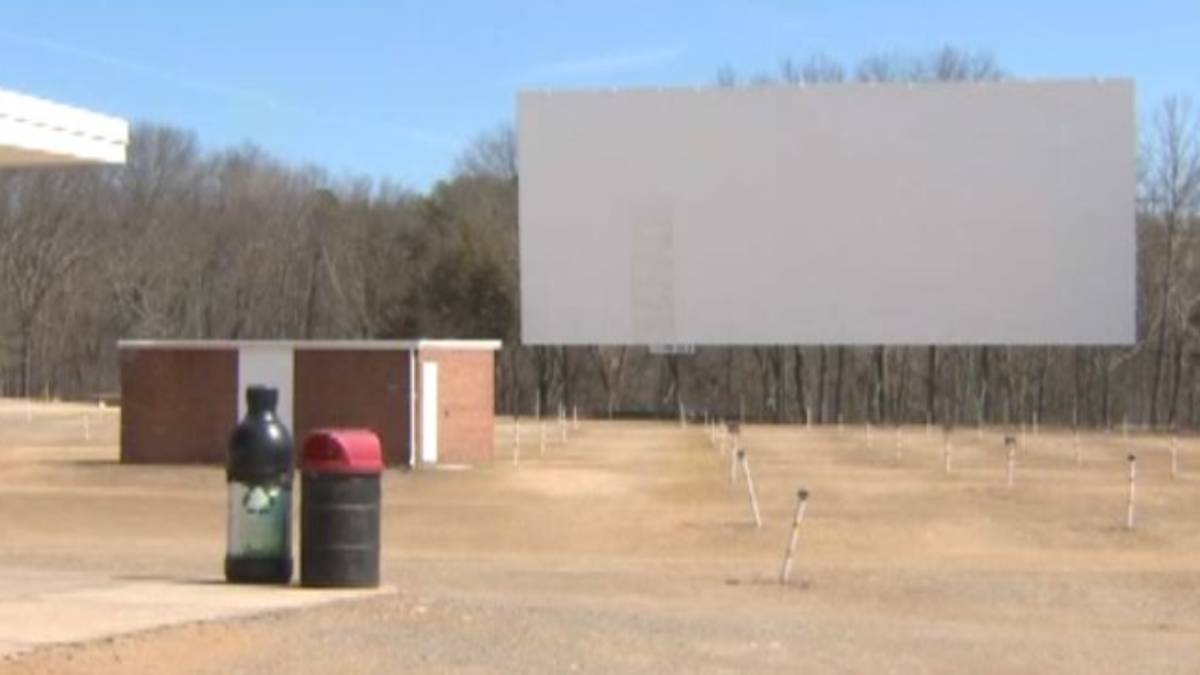The Connecticut Department of Public Health has officially released new COVID-19 guidance which breaks down new recommendations for those who are vaccinated and unvaccinated.
DPH said the changed guidelines are in response to new guidance from the Centers from Disease Control and Prevention and what we now know based on data surrounding the COVID-19 vaccines, which shows that those who are vaccinated are less likely to experience serious symptoms, and are less likely to become infected or transmit the virus, even if exposed.
ON FACE MASKS
Gov. Ned Lamont announced the state is relaxing mask rules today, but there are still some situations where masks will be required, whether you are vaccinated or unvaccinated. Those include:
Get top local stories in Connecticut delivered to you every morning. Sign up for NBC Connecticut's News Headlines newsletter.
- while inside a health care facility (such as doctors’ offices, hospitals, emergency care settings, settings that provide physical/occupational therapy, etc)
- while inside an assisted living facility, a correctional facility, or other congregate living setting (such as group homes and residential care homes, homeless and other shelters). Nursing homes must follow CMS requirements for mask use.
- while at transportation hubs (such as airports, train or bus stations) and while riding public transportation or privately hired transportation (such as trains, buses, planes, taxis or ride-sharing services)
- if asked by a public or private establishment, if required by an employer in their workplace, or when organizers require masks at at event
VACCINATED VERSUS UNVACCINATED
DPH does have differing recommendations for those who are vaccinated and those who are unvaccinated.
Local
Those who are vaccinated do not need to wear masks indoors or outdoors (except the situations already mentioned), do not need routine COVID-19 testing, testing before or after traveling, or testing after being exposed to someone with the virus unless they are experiencing symptoms. Vaccinated individuals also do not need to quarantine after a COVID-19 exposure if they are not experiencing symptoms. This is because vaccinated individuals are much less likely to become infected or transmit the virus, and less likely to get seriously sick.
In contrast, DPH is still recommending those who are unvaccinated wear masks indoors. They also recommend masks outdoors if you are at a large event or in a space where social distancing is difficult.
Unvaccinated individuals should still quarantine if they are exposed to someone with COVID-19, and get tested. They should also still get tested before and after travel or if they are part of a routine screening process.
State officials also laid out guidance for businesses in light of the new recommendations.



